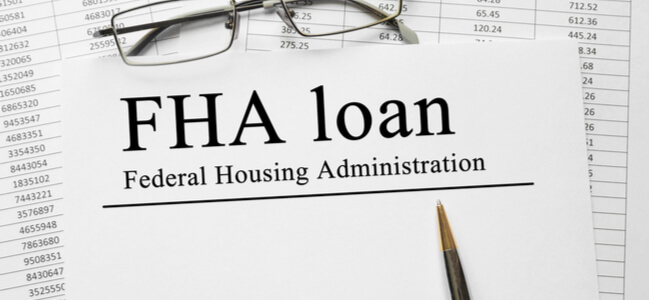5 Solutions If You Are Struggling To Pay Your Mortgage

Many Americans are currently struggling to keep their mortgage payments timely.
Aside from the deteriorating financial conditions in the backdrop, few Americans have any emergency savings prepared for these exact scenarios.
A recent RealtyTrac report underscores this state of distress, highlighting that one out of every 2,253 homes faces foreclosure.
There are several reasons this situation can unfold, some of which are highlighted below:
- Lack of income due to unemployment or underemployment that has completely drained savings
- An absence of an emergency fund or spending habits that outpace earnings
If you are struggling to repay specifically because of the pandemic, here are some solutions that can help you overcome the problem.
Forbearance
Fannie Mae and Freddie Mac, two government-sponsored entities that guarantee over two-thirds of mortgages, have issued guidelines for those borrowers affected by the pandemic.
Fortunately, there is some good news for those suffering the side effects of these external forces.
Mortgage forbearance is available for up to a year to accommodate financially stretched borrowers.
It means that you can either suspend or reduce your payments during this period. The other added advantage of their shift in policy means that any related mortgage delinquency will not be reported to the credit bureaus.
Accordingly, even if you miss out on monthly payments, your credit score will not be immediately affected.
Another vital aspect of these guidelines includes the possibility of modifying existing loans.
Borrowers can work with their respective lenders to modify outstanding loan balances in an effort to reduce monthly payments.
This will benefit millions of borrowers whose incomes have been impacted by the ongoing pandemic.
Refinancing
Refinancing your mortgage loan can be an ideal option if you want to hold onto your property despite struggling to make regular payments.
Ideally, by refinancing the loan and extending the repayment period, you can access lower, more manageable monthly payments despite ultimately paying more interest for the property.
Given the difficult outlook and absence of any vaccine, it will take some time for the economy to recover and restore high unemployment.
Given these circumstances, attempting to reduce monthly payments via refinancing may be among the best choices available.
However, it is also important to keep in mind that your interest rate might increase when you refinance the loan depending on your creditworthiness.
If exploring refinancing, be sure to check both fixed rates and adjustable rate mortgages (ARM).
Before pursuing this strategy, be sure to check your credit score to understand eligibility for better rates.
Additionally, consult the mortgage lender to study the available options and understand what potential savings and terms are possible via refinancing.
Read more:
When Is Refinancing Your Mortgage A Bad Idea?
Loan Modification
If you cannot refinance your loan to reduce the monthly payment, loan modification might be a possible alternative.
However, borrowers need to prove that financial hardship is preventing them from making timely payments.
You will have to fill in a significant amount of paperwork as part of the application process and send it to the lender for approval.
If you are looking for loan modification, you can seek counseling from a HUD-certified organization.
It will help you understand what options are on offer and how your lender can assist. It is also important to note that not every lender will offer a loan modification option.
Even if they offer this opportunity, it may only be on a short-term basis depending on their criteria.
Home Equity Loans
One of the best ways to access immediate help if you are a struggling homeowner is via the existing equity in your home.
However, you need to have significant equity in your house to take advantage of this option. In other words, the value of your house must exceed what you still owe.
When you opt for home equity loans, the bank or lender will normally cover all the closing costs.
The savings can help you immediately address the loan principal. However, you need to have a good amount



